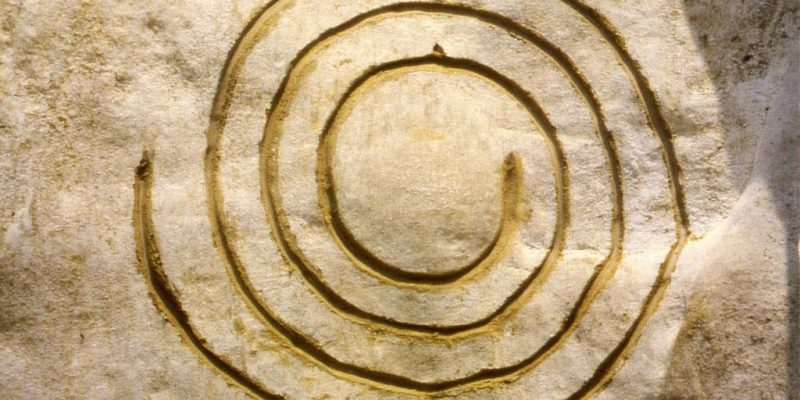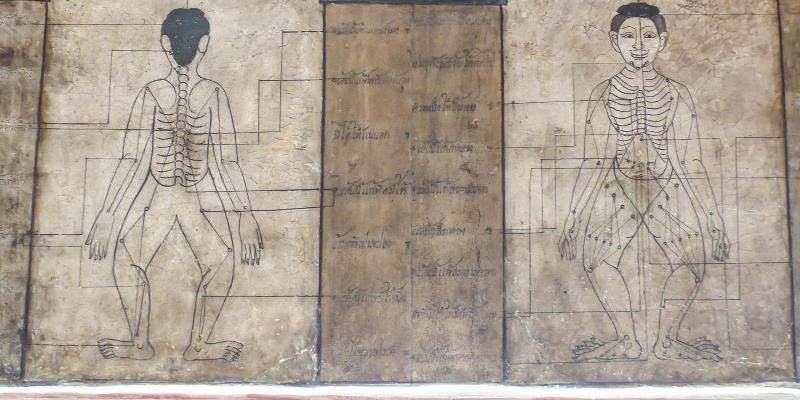
Johann Friedrich Blumenbach (1752 – 1840), commonly referred to as the “Father of German Vitalism,” was a physician, naturalist, biologist, physiologist, and anthropologist.

One of the important elements of Blumenbach’s work contained the conception of a vis formativus or Bildungstrieb, which could be described as an inborn Life Force (Lebenskraft in German) or nisus formativus i.e. “formative drive” within each organism.
This Life Force reaches out and expands in order to create, maintain, and — if necessary — repair its specific shape, function, and being. In higher life forms this Bildungstrieb would also include the drive to self-development and self-perfection.
Johann Blumenbach claimed that both living organisms and inanimate things have an inherent active and operative “tendency” to accomplish a specific form and function, and continuously develop, maintain, and repair their own existence. Moreover, this tendency (or inclination) is a Vital Force that goes beyond the mere physical, chemical, or mechanical properties of phenomena.
Blumenbach described his Bildungstrieb as being a proper, undeniable force, which existence and effects are apparent throughout the whole of nature, and revealed by experience.
















